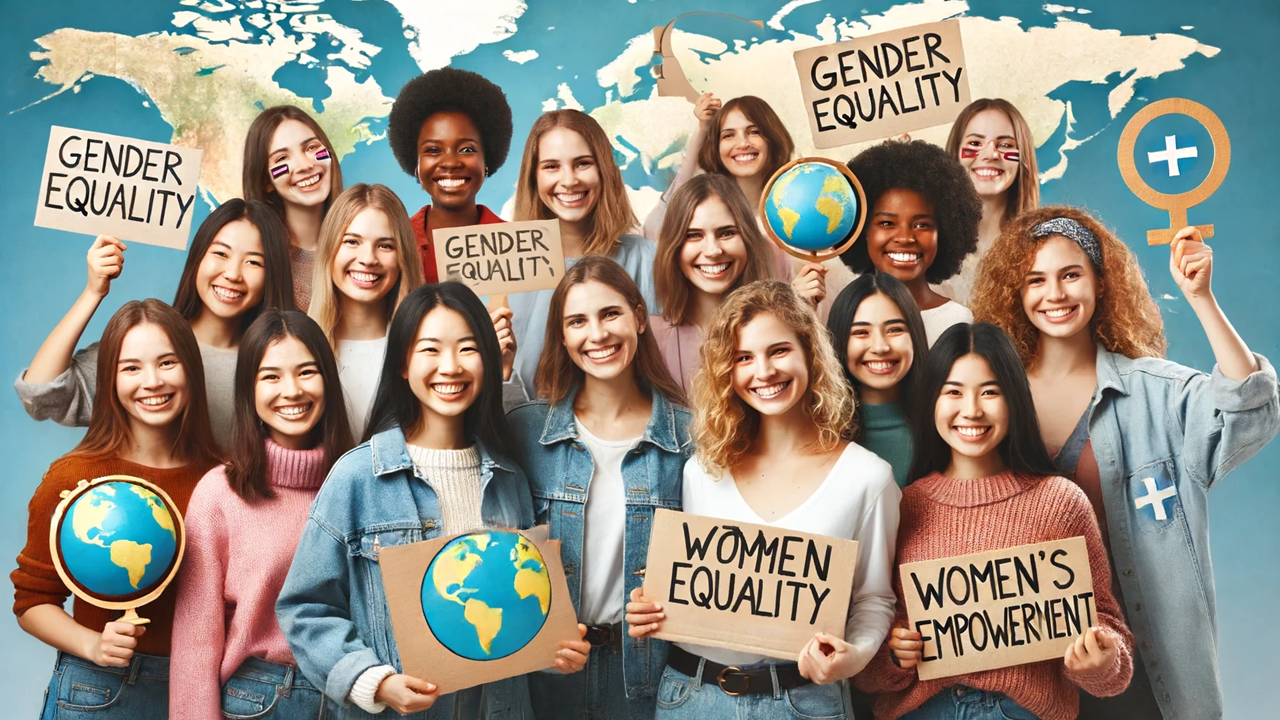AfDB Facilitates South-South Exchange on Gender Integration and REDD+ Safeguards
Delegates from Burkina Faso Learn from Côte d’Ivoire’s Experience in Gender-Sensitive Climate Action and Forest Restoration.

From December 10 to 12, 2024, the African Development Bank (AfDB), through the Climate Investment Funds (CIF), organized a South-South exchange visit to foster knowledge sharing and collaboration between Burkina Faso and Côte d’Ivoire. The exchange focused on implementing an information system for REDD+ safeguards (Reducing Emissions from Deforestation and Forest Degradation) and advancing a gender-sensitive benefit-sharing mechanism.
Knowledge Sharing on Gender and Climate Action
Nathalie Gahunga, Head of AfDB’s Gender and Women Empowerment Division, applauded the delegations for their commitment to integrating gender considerations into climate change and deforestation initiatives. The exchange emphasized the importance of ensuring that REDD+ projects promote equity, social justice, and the inclusion of vulnerable groups.
Bruno Zouré, a gender expert and consultant for the Bank, led a workshop highlighting the distinction between gender and biological sex. He emphasized that gender involves analyzing culturally assigned roles, behaviors, and responsibilities for men and women, advocating for equitable development rather than numerical equality or favoritism.
Participants explored tools and strategies for integrating gender into climate policies and projects. These included:
- Gender-sensitive budgeting: Allocating resources to address gender disparities.
- Gender marker systems: Monitoring and evaluating the impact of projects on gender equity.
- Benefit-sharing mechanisms: Ensuring the participation of women and marginalized groups in REDD+ benefits.
The “Leave No One Behind” principle and a human rights-based approach were central themes, underscoring the need to account for gender-specific impacts in climate initiatives to promote fairness in implementation.
Field Visit to REDD+ Sites in Côte d’Ivoire
A field visit to the Agnéby-Tiassa region (Agboville) provided Burkina Faso’s delegation with practical insights into implementing REDD+ activities and gender-sensitive benefit-sharing mechanisms. The visit included:
- Forest restoration site in Ségbévi: Participants toured a 1,763-hectare area owned by Raphael Agbé, dedicated to biodiversity restoration and ecosystem resilience through forest tree species.
- Cocoa agroforestry site in Ananguié: Sylvie N’Gbesso demonstrated her success in integrating forest trees into her 2.45-hectare cocoa plantation. This approach, supported by the PROMIRE project (Promoting zero-deforestation cocoa production), has significantly boosted her productivity while restoring forest cover.
The delegation engaged with local stakeholders to discuss critical issues, including women’s access to land—a key barrier to gender equity in agriculture and climate resilience.
Program Objectives and Impact
The exchange program, funded by the Climate Investment Funds (CIF) and implemented by AfDB in partnership with Burkina Faso’s government, exemplifies regional collaboration to combat climate change. By fostering knowledge sharing and on-the-ground learning, the initiative aims to:
- Strengthen national REDD+ implementation frameworks.
- Enhance gender equity in climate action.
- Support sustainable land management and biodiversity restoration.
This initiative underscores the African Development Bank's commitment to driving inclusive and equitable development in Africa while tackling pressing environmental challenges.
- READ MORE ON:
- African Development Bank
- Climate Investment Funds
- REDD+










